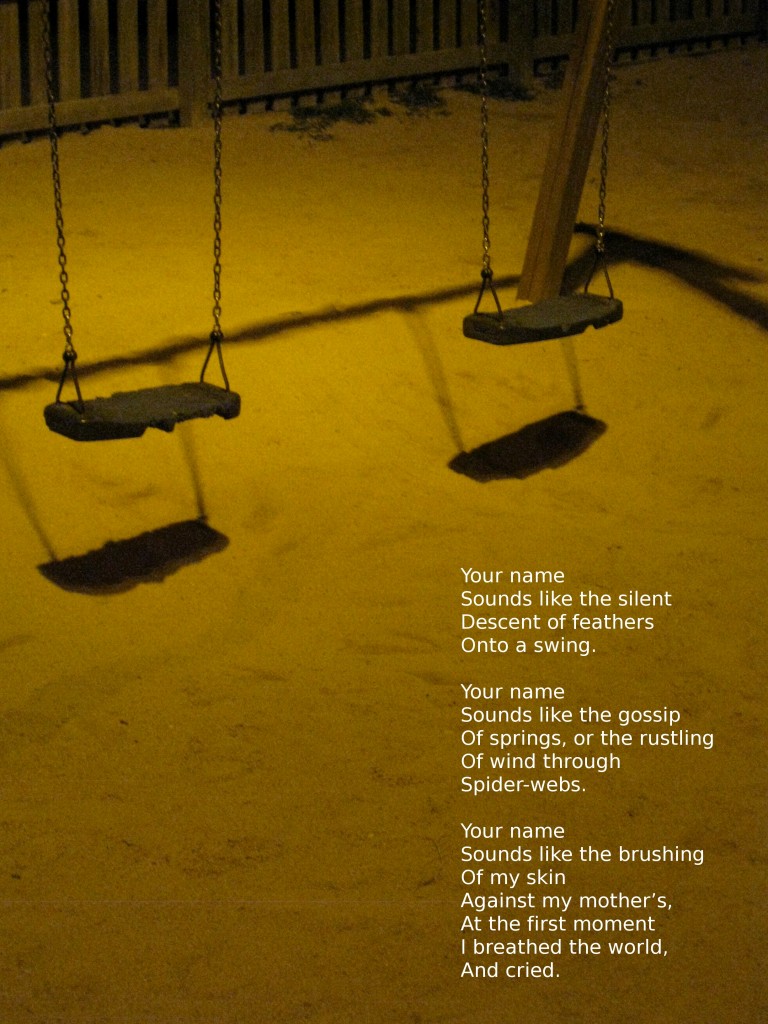A very long time ago, the entire world spoke the same language and its people lived together on one land. Their village was called Babel and was managed by powerful magicians who instructed the people to build huge towers in veneration of Osis, ‘the one who does not manifest’.
——–
Jejube was a woman of immense beauty, and she was married to a man by the name of Talo. After many years of marriage, the two did not have any children, so they requested the help of a magician, who appealed to Osis on their behalf.
Many days passed, which the magician spent in his tall redbrick tower, cloaked in smoke, meditating. On the ninth day, he emerged after communicating with Osis, who entrusted him with a revelation.
Osis kept Jejube and Talo from having children because their child, a girl, would be born with a curse. The curse, revealed the magician, was that the daughter would have an unmatched ability to remember, but that she would never be able to memorize her own name.
Jejube, a determined woman, asked the magician to appeal to Osis again, but this time asking him to restore her fertility. Against his own judgment, the magician did as she asked, and emerged again nine days later declaring that Osis had consented, but that the magician will not be responsible for the consequences.
——–
On the day of her birth, the people gathered from near and far to look at Jejube’s daughter. They did not assemble to admire her splendor, but to see how a cursed child differed from a blessed one.
She was a normal baby girl, whose great beauty was only natural for the daughter of the marvelous Jejube. What shocked the people of Babel was that they fell in love with her instantly upon glimpsing her, and they talked only of her as they journeyed home.


